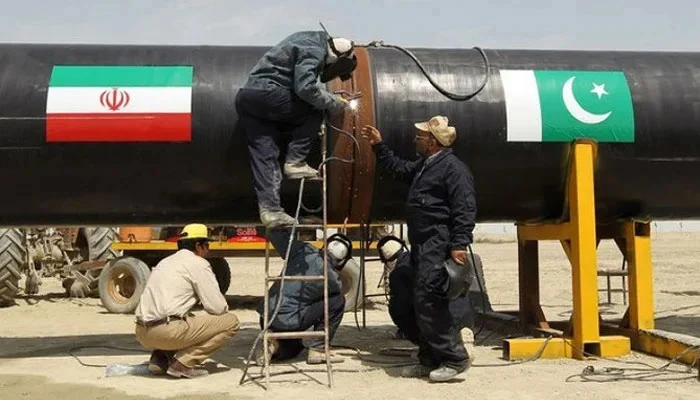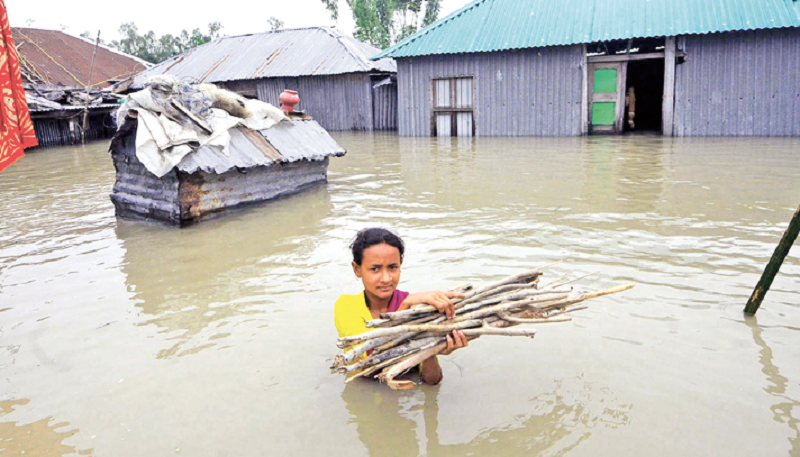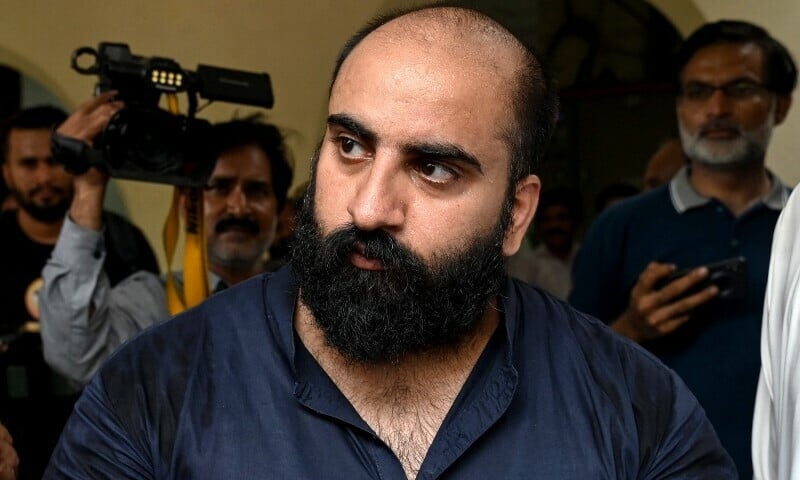In a significant and alarming development, Iran has issued a final notice to Pakistan, warning that Tehran will proceed to the Paris Arbitration Court in September 2024. The move comes after Pakistan failed to construct its portion of the Iran-Pakistan (IP) gas pipeline within the extended 180-day deadline, according to senior official sources.
The IP gas project, initially delayed by over a decade due to proposed U.S. sanctions, has now reached a critical juncture. The Gas Sales Purchase Agreement (GSPA), signed in 2009 under French law, mandates the Paris-based Arbitration Court as the forum for resolving disputes between the two countries—a court that does not recognize U.S. sanctions.
In September 2019, the Inter-State Gas Systems (ISGS) of Pakistan and the National Iranian Gas Company (NIGC) revised the contract. Under the new terms, Pakistan was to construct its section of the pipeline by February-March 2024, with an expected daily intake of 750 million cubic feet of gas from Iran. Despite the revised agreement and a 180-day extension from Iran, Pakistan has been unable to meet its obligations, prompting Iran to issue its final notice.
If Iran does not initiate legal proceedings by September 2024, it will lose the right to pursue a legal battle against Pakistan. This notice follows an earlier warning issued by Iran in November-December 2022, threatening a penalty of $18 billion if Pakistan failed to complete its portion of the pipeline. The original agreement also stipulates that Pakistan would owe Iran $1 million per day in penalties starting January 1, 2015.
Pakistan’s government officials are reportedly distressed by the notice, which was received approximately 10 days ago. The Petroleum Division is currently strategizing on how to respond, with plans to hire a foreign law firm to prepare Pakistan’s defense in the Arbitration Court. Senior officials have cited U.S. sanctions as the primary obstacle to moving forward with the project, noting that efforts to secure a U.S. waiver have been unsuccessful. In March 2024, Assistant Secretary of State Donald Lu informed a U.S. congressional panel that Pakistan had been warned of “serious consequences” if it pursued the IP gas line project with Iran.
Despite Pakistan’s concerns, Iran has rejected the justification of U.S. sanctions, pointing out that countries like Iraq and Turkey have continued to use Iranian gas with U.S. waivers, and India has also received a waiver for using petroleum products from Iran. The French arbitration court, which would hear the case, does not acknowledge U.S. sanctions, putting Pakistan in a precarious position.
The IP gas project was initially planned as a segmented effort, with Iran responsible for laying the pipeline on its side and Pakistan for constructing its portion. The pipeline was scheduled for completion by December 2014 and intended to be operational by January 1, 2015. Pakistan had even considered partially implementing the project by laying down an 81-kilometer pipeline from Gwadar to the Iranian border to demonstrate its commitment, but this plan also failed to materialize.
To Keep Updated Visit & Follow our Facebook Page Or Our Website




